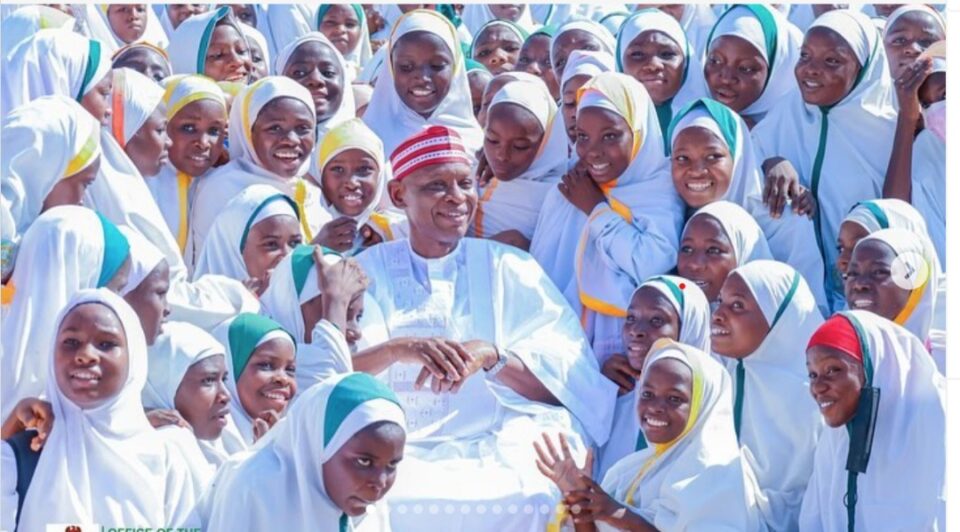
After Emergency Declaration, Kano’s School Enrolment Rises by 7%, Gender Inclusivity Improves
In a notable turnaround for education in Kano State, recent statistics reveal a substantial improvement in school enrollment and gender inclusivity just six months after Governor Abba Yusuf declared a state of emergency in the education sector. The data indicates an overall increase in enrollment by approximately 7%, highlighting the state’s renewed commitment to addressing educational challenges.
The emergency declaration, made in June 2024, aimed to confront serious issues hindering educational progress in the region. By December 2024, a comprehensive report from the Ministry of Education, obtained by Economic Confidential, illustrated remarkable advances in student enrollment across various educational levels.
*Primary Schools:*
Enrollment in public primary schools soared from 4,231,154 pupils in May 2024 to 4,561,450 by December, reflecting an impressive gain of 330,296 students.
*Junior Secondary Schools:*
Similarly, public junior secondary school enrollment witnessed an increase, climbing from 584,289 to 610,616—an addition of 26,327 students.
*Senior Secondary Schools:*
The landscape for senior secondary education also brightened, with enrollment rising from 431,406 to 472,623, translating to an increase of 41,217 students.
*Gender Inclusivity:*
The statistics also reveal positive strides in gender inclusivity within the education sector. Male enrollment increased from 2,705,076 prior to the state of emergency to 2,840,330 by year-end, marking a noteworthy rise of 224,746 male students. Meanwhile, female enrollment surged from 2,760,403 to 2,898,425, showcasing an improvement of 138,022 female students.
*Governor Yusuf’s Initiatives:*
Upon declaring the state of emergency, Governor Abba Yusuf pledged to employ 5,000 new teachers specifically to enhance educational quality. His administration also committed to rehabilitating dilapidated public schools and providing essential furniture and learning materials to create a conducive educational environment.
Governor Yusuf underscored the dire conditions many students faced, noting that over 4.7 million pupils were attending classes while seated on bare floors. He pointed out alarming statistics, such as nearly 400 schools operating with only one teacher for all subjects and grade levels. The governor attributed these critical challenges to the previous administration’s neglect, which had led to the closure of schools and their repurposing for commercial use.
In his remarks, Governor Yusuf emphasized the necessity for significant investment in the public education system. He reiterated the state’s commitment to ensuring every child in Kano State has access to quality education in an environment that fosters learning and growth.
As these promising figures emerge, Kano State continues to forge a new path toward educational reform, prioritizing inclusivity and accessibility for all students.
